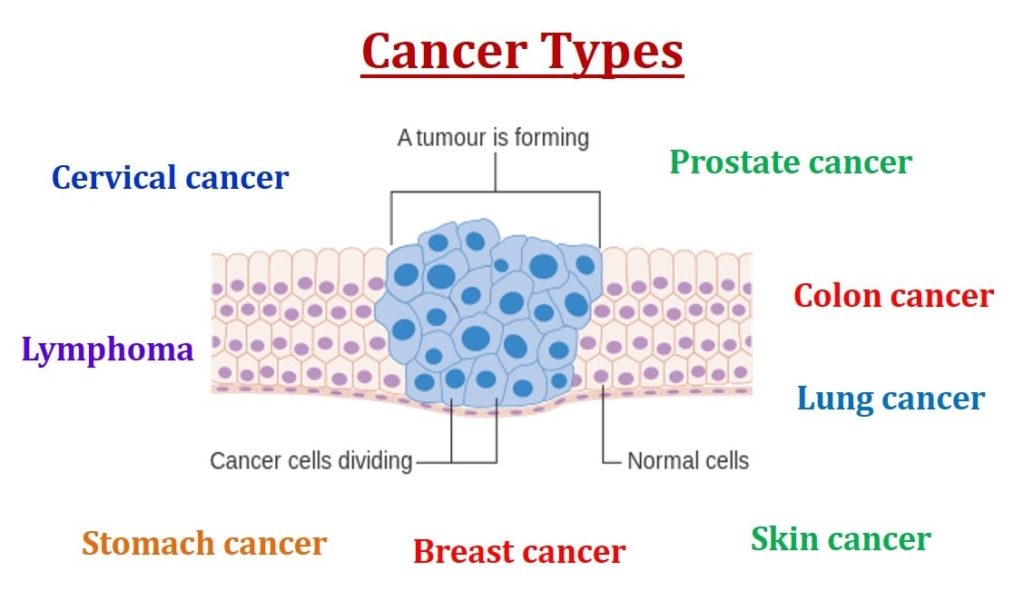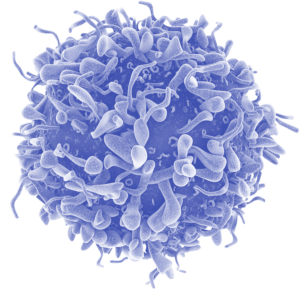Oncology is the study of cancer. An oncologist is a doctor who treats cancer and provides medical care for a person diagnosed with cancer. Oncology is the branch of medicine that researches, identifies and treats cancer.
Cancer, now, is one of the common diseases that affect people. Due to the change in lifestyle and other pollutions in our environment, cancer has become common.
The Department Of Oncology deals with cancer. Oncology department does diagnosis, various kinds of therapies, bone marrow aspiration and biopsy, the palliative care of patients and follow up of cancer patients after successful treatment.
The department is backed by a team of surgical oncologists, counselors, dieticians, histopathologists and blood bank staff, etc.

Oncologists must first diagnose cancer, which is usually carried out via biopsy, endoscopy, X-ray, CT scanning, MRI, PET scanning, ultrasound or other radiological methods.
Nuclear medicine can also be used to diagnose cancer, as can blood tests or tumor markers.
The field of oncology has three major areas: medical, surgical, and radiation.
- A medical oncologist treats cancer using chemotherapy or other medications, such as targeted therapy or immunotherapy.
- A surgical oncologist removes the tumor and nearby tissue during surgery. He or she also performs certain types of biopsies to help diagnose cancer.
- A radiation oncologist treats cancer using radiation therapy.
Other types of oncologists include:
- A gynecologic oncologist treats gynecologic cancers, such as uterine, ovarian, and cervical cancers.
- A pediatric oncologist treats cancer in children. Some types of cancer occur most often in children and teenagers. This includes certain brain tumors, leukemia, osteosarcoma, and Ewing’s sarcoma. Types of cancer more common in children sometimes also occur in adults. In these situations, an adult may decide to work with a pediatric oncologist.
- A hematologist-oncologist diagnosis and treats blood cancers, such as leukemia, lymphoma, and myeloma.
Types of Cancer

Different types of doctors often work together to create a patient’s overall treatment plan that combines different types of treatments. For instance, a patient may need treatment with a combination of surgery, chemotherapy, and radiation therapy. This is called a multidisciplinary team.
Oncology care teams also include a variety of other health care professionals:
- A pathologist reads laboratory tests. This includes checking cells, tissues, and organs to diagnose disease
- A diagnostic radiologist conducts imaging tests to diagnose disease. This includes x-rays or ultrasound tests.
- An oncology nurse
- An oncology social worker

